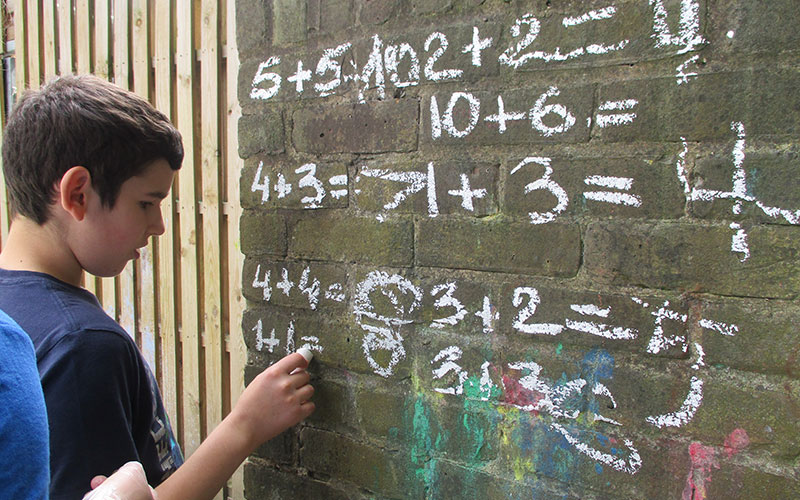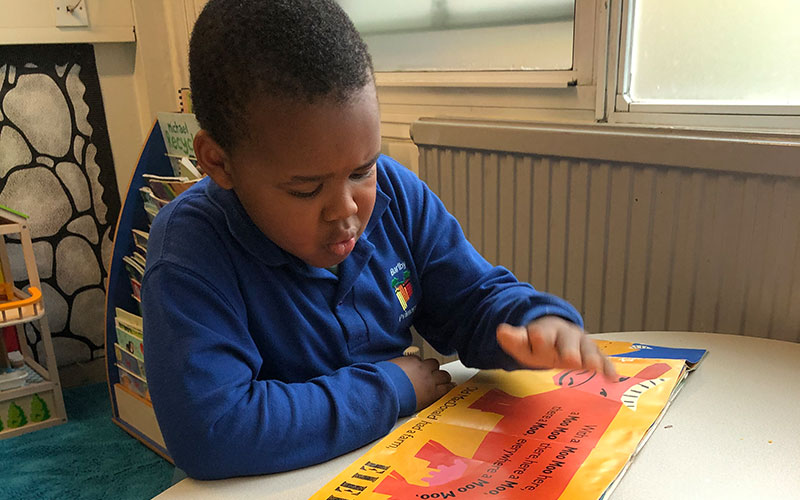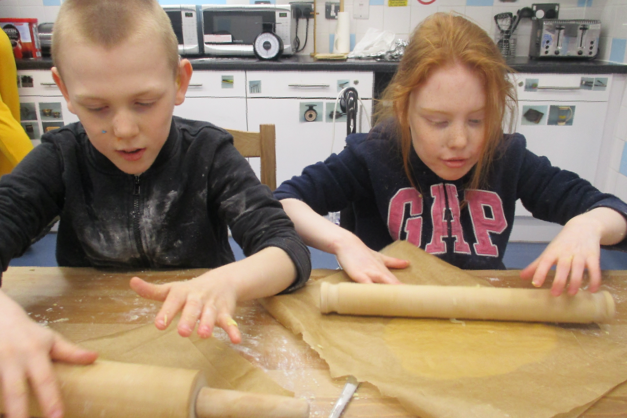From the moment children enter the world, they use sound to communicate. You’ll notice this in the way that babies’ cries differ depending on if he or she is hungry, wet or tired. From around six months it’s likely that babies will respond to games such as peek-a-boo, be able to wave ‘bye bye’ and recognise different tones of voice.
Within the first year of life, children typically learn to form initial sounds and express emotion through laughing and squealing. By twelve months, it’s not unusual for children to look at your face when you talk to them, turn towards a voice from across the room and exhibit a range of basic gurgling and babbling noises.






